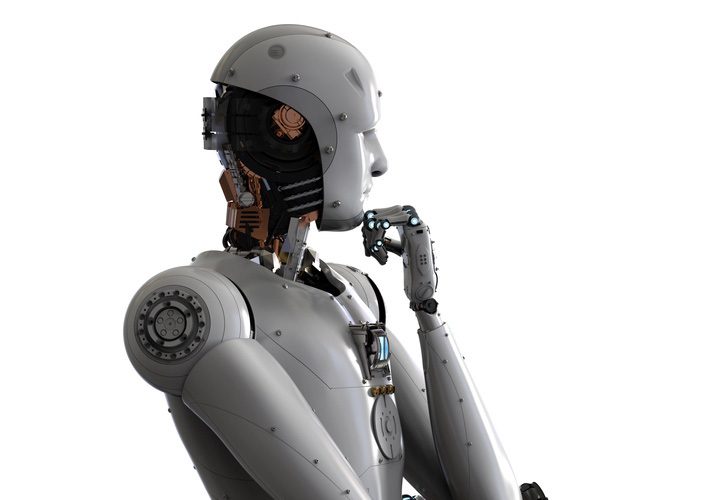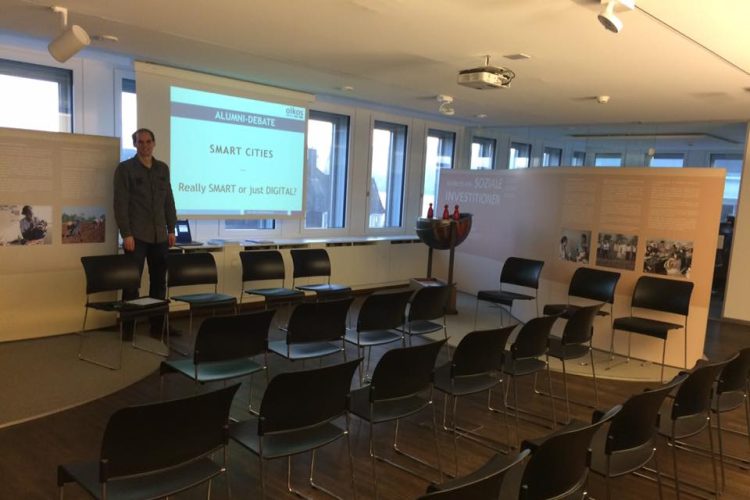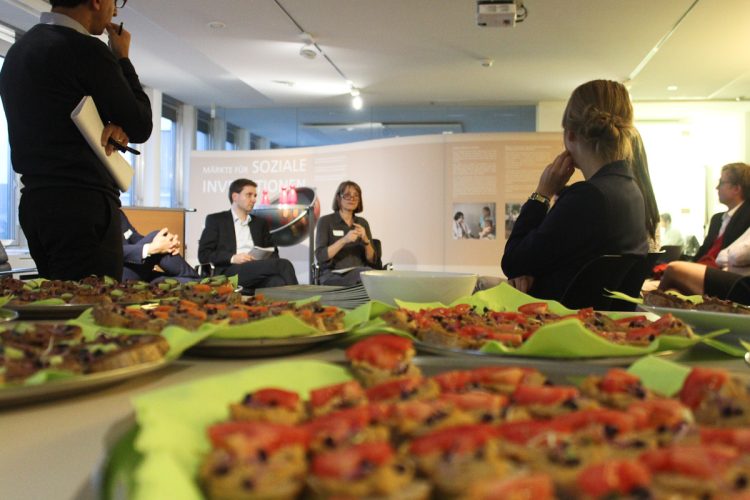Abstract Founded in 2013 in Boston, Massachusetts, Fresh Truck is a mobile fresh produce market focused on increasing access to fresh produce and nutrition education in Boston’s low-income neighborhoods....
Digitalization – the increased use of information and communication technologies (ICT) – is affecting all areas of our lives. Rapid progress in the development of hardware and software is...
On November 15, oikos Alumni came together for the fifth Alumni Debate in Zurich, Switzerland. The developments on the intersection of urbanization and digitalization were at the center of...
oikos Alumni Debate on “Smart Cities” announced The way we live in cities is drastically changing. Under the rubric Smart City innovative technologies rebuild the foundations of housing, mobility...
Abstract Cofely, a large international technical services provider, is observing important changes at the fringes of its industry. Two industries that have experienced pressure towards being more environmentally...
Abstract The Communauto case examines a carsharing company headquartered in Montreal, Quebec, Canada. The case focuses primarily on Communauto’s CEO, Benoit Robert, and covers the company’s evolution and...
Case Abstract In a bold bid to dramatically reshape the automotive industry, start-up company Better Place is attempting to shift transportation from reliance on the environmentally destructive internal...
Case Abstract Shai Agassi started Better Place with the ambition of setting up an ecosystem – including a ‘smart grid’ of charging stations and battery swapping facilities –...
Case Abstract In June 2004, Icelandic New Energy (INE) Limited, a research and development consortium based in Reykjavik, Iceland, is considering what future direction to take. The two-person...
Case Abstract This case describes the development of a social entrepreneurial venture from its co-operative self-help roots in 1987 until 2002. It examines the choices confronted by the...




